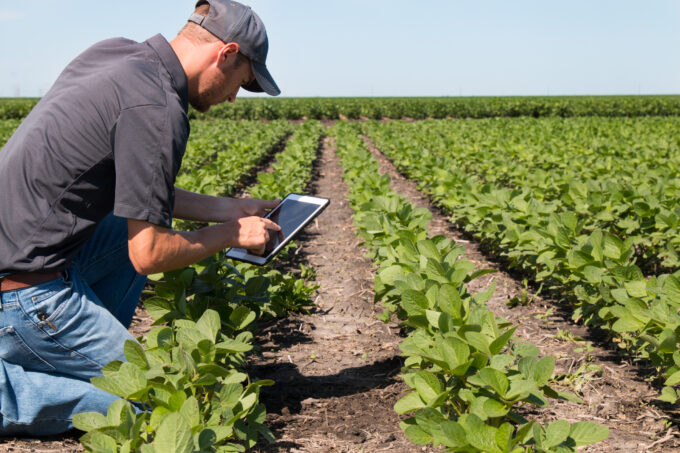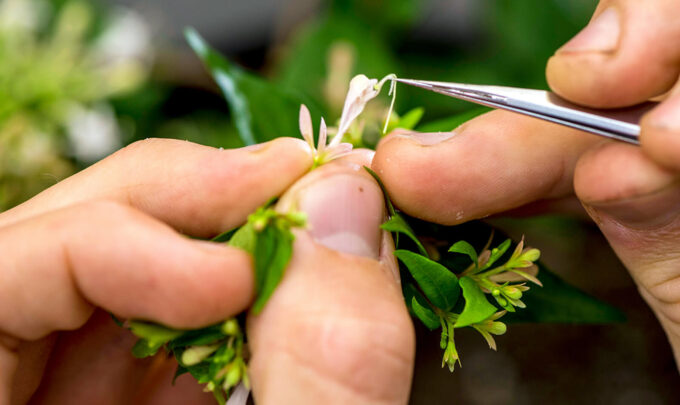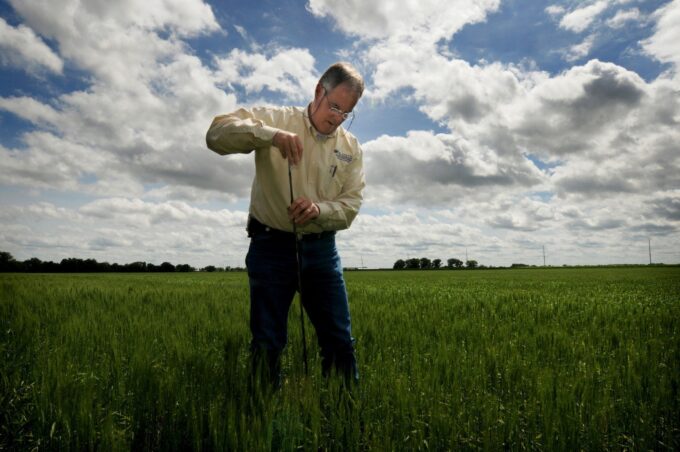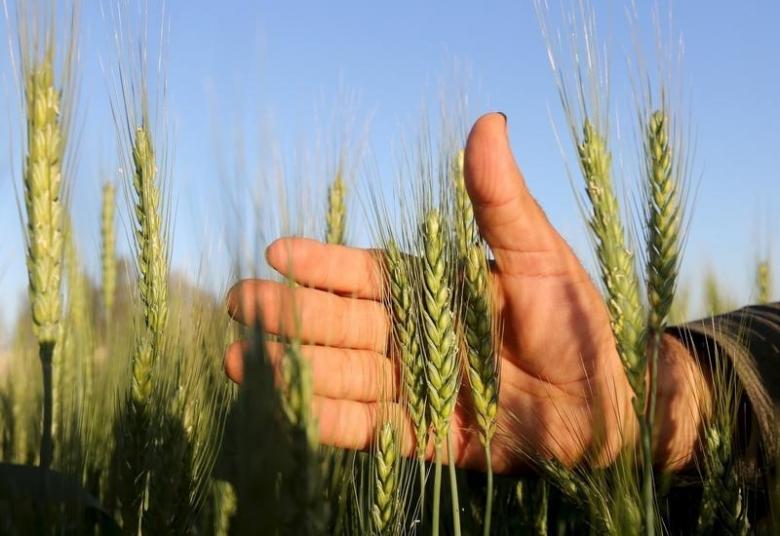Agriculture is one of the essential industries in the World, providing billions of people with food, fuel and fibre. With a growing global population comes an increasing demand for agricultural products, making agricultural jobs some of the most sought-after in the World.
Here are seven in-demand agricultural jobs that are sure to bring success and job satisfaction:
1. Farm Manager
A farm manager oversees all aspects of operations on a farm, including production planning, budgeting and staff management. They also oversee crop protection and environmental control measures.
Farm managers must have a strong understanding of agriculture and business management principles. Moreover, they must be able to communicate with both farmers and customers effectively. Farm managers need excellent organizational skills and experience dealing with livestock and crops.
Farm work always make sure they have excellent farm managers in town. It would be best if you were highly organized and detail-oriented to succeed in this role. You will also need to have excellent communication and interpersonal skills.
2. Agronomist

An agronomist is a professional who specializes in the science of agriculture. They are responsible for managing the soil, plants, and water resources on a farm or in an agricultural setting. Agronomists work directly with farmers to help them maximize their yields and crop quality.
They also assist in developing sustainable farming methods, environmental conservation, and pest management. Agronomists need a deep knowledge of soil science, plant nutrition, genetics, and breeding. Agronomists also research the effects of pesticides and herbicides on plants and soils. To become an agronomist, one must first earn a degree in agronomy or an associated field such as agriculture or biology.
After completing their undergraduate studies, agronomists must complete a graduate program in agronomy or another related field. Some agronomists may also pursue a PhD in agronomy or a related discipline.
3. Food Quality Assurance Specialist
These professionals help to ensure that food products meet government standards for safety, nutrition, and quality control. They review product labels, monitor production processes, conduct tests on raw materials and finished products, and inspect equipment used in manufacturing.

Food quality assurance specialists must thoroughly understand food safety and labelling laws. They work closely with farmers, processors, and retailers to develop and implement quality control procedures. Without their vigilance, we would be at risk of consuming contaminated or spoiled food.
4. Agricultural Research Scientist
Agricultural research scientists are responsible for investigating and developing ways to improve the efficiency of agricultural production. They may work with crops, livestock, or both, and their work can involve everything from developing new plant strains to investigating new methods of animal husbandry.
In addition to conducting research, agricultural scientists also play an essential role in communicating their findings to the public. They may write articles for scientific journals or give presentations at conferences. As the world population continues to blow up, the demand for food will only increase. Agricultural research scientists play a vital role in ensuring that we can meet this demand sustainably.
5. Plant Breeder
A plant breeder works with plants to create new varieties that are more disease-resistant, yield better, or are otherwise more desirable than existing varieties. Plant breeding has been practised for centuries, but it has become increasingly important in recent years as the World’s population has grown and the demand for food has increased.

Plant breeders use various techniques to create new varieties, including crossbreeding, genetic engineering, and mutagenesis. Crossbreeding is the most common method of plant breeding and involves crossing two different types of plants to produce offspring that inherit the best traits of both parents. Genetic engineering is a more precise form of plant breeding that allows plant breeders to target desired genes specifically.
Mutagenesis is a less accurate method of plant breeding involving exposing plants to radiation or chemicals to produce mutations. While all three ways have their advantages and disadvantages, crossbreeding is the safest and most effective method of plant breeding.
6. Agricultural Engineer
Agricultural engineers work to solve problems related to agriculture. They may work on projects such as developing new types of fertilizer, designing irrigation systems, or creating machines that can help with farm work. Agricultural engineers often work with other scientists, such as agronomists and environmental engineers.
They may also work with farmers and other agricultural workers to test new products or equipment. To become an agricultural engineer, one must earn a bachelor’s degree in agricultural engineering or a related field.
Some employers may also require experience working in agriculture. Agricultural engineering is a developing field, and there are many opportunities for those interested in this work.
7. Extension Agent

Extension agents are agricultural professionals who work with farmers and other members of the agri-business community to provide education and support. Extension agents typically have a background in agriculture or a related field and use this knowledge to help farmers improve their operations.
They may offer advice on crop rotation, irrigation, and other farming practices and provide information on new technologies and products. Extension agents need to have strong communication skills and an understanding of current farming practices and trends.
With the ever-changing landscape of agriculture, extension agents play a vital role in helping farmers stay up-to-date on the latest information and trends.
These seven in-demand agricultural jobs provide valuable opportunities for those who want to make a difference in society while achieving career success.
With the proper training and experience, these positions can lead to a fulfilling career in agriculture that provides job satisfaction while helping feed billions of people around the globe.
If you are interested in discovering any of these career paths further, contact your local university or college to learn more about programs and courses related to agriculture.







